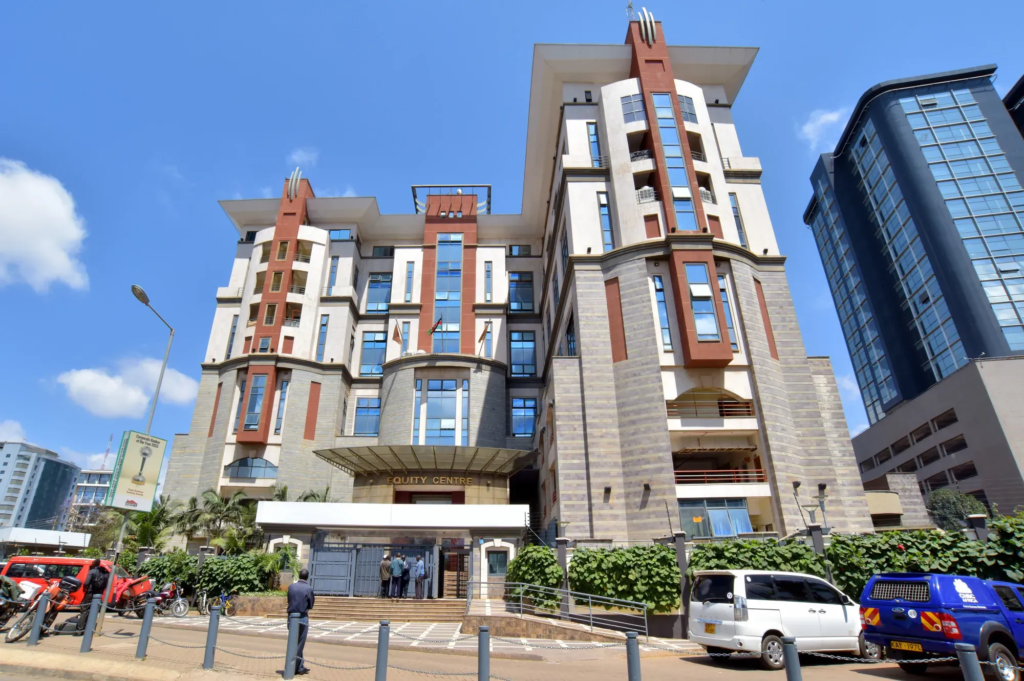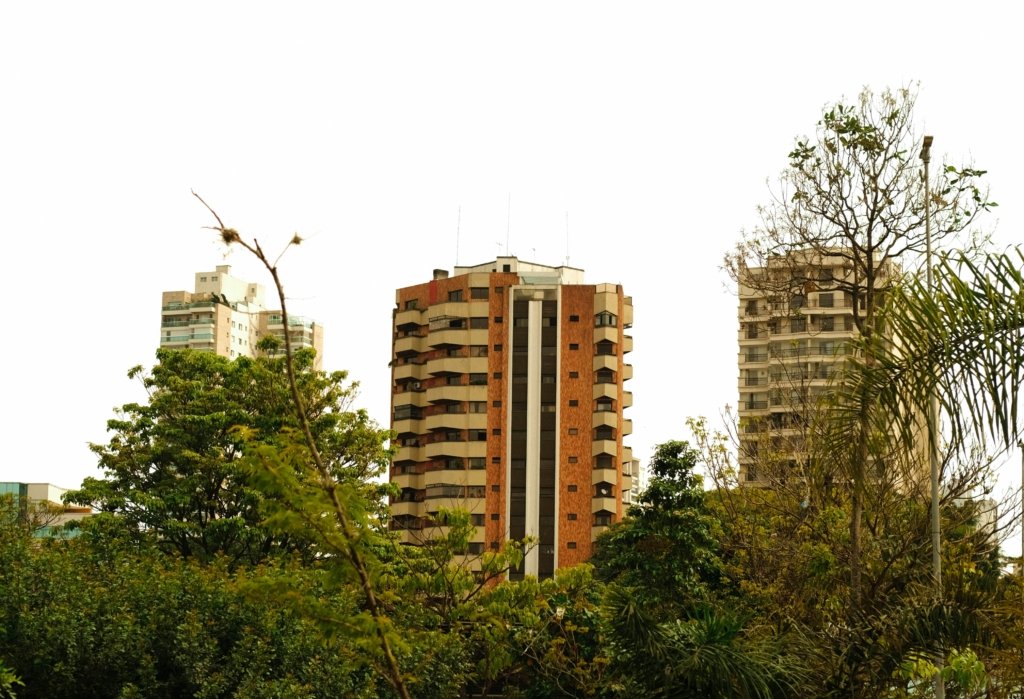Kenya’s booming real estate sector has not only transformed city skylines but also created a new class of billionaires. As urbanization accelerates and demand for residential, commercial, and industrial properties soars, savvy investors have capitalized on opportunities to build vast property empires.
Why Real Estate is a Goldmine in Kenya
Kenya’s real estate market has grown significantly over the past two decades, driven by:
- Rapid urbanization
- Increased foreign investment
- A growing middle class
- Infrastructure development (e.g., Nairobi Expressway, Standard Gauge Railway)
- Rising demand for affordable housing
This growth has paved the way for entrepreneurs to amass significant wealth through strategic land acquisitions, large-scale developments, and smart investments.
Top Real Estate Billionaires in Kenya
1. Manu Chandaria
Net Worth: Estimated over $1 billion
Business Empire: The Comcraft Group
Manu Chandaria is one of Kenya’s most prominent industrialists and real estate moguls. Through his Comcraft Group, he owns extensive commercial and residential properties across Nairobi and other major cities.
His family has invested heavily in prime land and developed iconic office spaces and shopping malls such as The Hub on Ngong Road and Village Market —some of the most sought-after commercial properties in Nairobi.

2. Naushad Merali
Net Worth: Estimated at $650 million
Business Empire: Sameer Group
Naushad Merali made his fortune primarily through telecommunications with the sale of Safaricom shares, but he quickly reinvested into real estate. His company, Sameer Africa , has developed high-end residential projects like Karen Country Homes and Muthaiga Country Club Villas .
He is also involved in mixed-use developments and owns vast tracts of land in Nairobi’s upscale neighborhoods.

3. Chris Kirubi
Net Worth: Estimated at $600 million (at time of death)
Business Empire: Allied Capital Group
Before his passing in 2020, Chris Kirubi was one of Kenya’s most successful businessmen. He built a diversified empire, including significant real estate holdings through companies like Home Afrika Limited , which focuses on affordable and mid-range housing.
Kirubi’s investments spanned from commercial centers to residential estates, making him a key figure in Kenya’s property market.

4. Moses Mudavadi
Net Worth: Estimated over $200 million
Business Empire: Mudavadi Group
Moses Mudavadi, brother of Deputy President Musalia Mudavadi, has built a substantial real estate portfolio. The Mudavadi Group owns several commercial buildings in Nairobi and Kisumu, including the landmark Mudavadi Towers .
They are also involved in land banking and infrastructure-linked real estate development.
5. Peter Munga
Net Worth: Estimated over $150 million
Business Empire: ICEA LION Group & Munga Family Investments
While best known for his role in insurance, Peter Munga has been quietly investing in real estate for decades. His family owns large parcels of land in Nairobi’s upmarket areas and has developed several commercial complexes.

How These Billionaires Built Their Fortunes
These tycoons share common strategies that helped them build massive real estate portfolios:
| Strategy | Description |
|---|---|
| Early Land Acquisition | Purchased land in emerging areas before prices soared |
| Diversification | Invested in both residential and commercial properties |
| Vertical Integration | Developed in-house construction and management capabilities |
| Smart Partnerships | Collaborated with international developers and financiers |
| Long-Term Vision | Held onto assets rather than selling off quickly |
Emerging Real Estate Billionaires in Kenya
A new wave of entrepreneurs is rising in the real estate space:
- James Mworia (CEO of Centum Investment Company) – Investing in mixed-use developments via Garden City Mall and Two Rivers Mall
- Patrick Gichuki (Founder of Prestige Group) – Known for luxury apartments and gated communities
- Samuel Gichuru (Founder of Kopo Kopo) – Recently ventured into tech-enabled real estate platforms

Challenges in Kenya’s Real Estate Sector
Despite its profitability, real estate in Kenya isn’t without challenges:
- High cost of financing
- Bureaucratic land registration processes
- Unregulated land grabbing
- Inflationary pressures on building materials
- Urban planning issues in informal settlements
However, billionaires often navigate these hurdles using legal expertise, political connections, and deep capital reserves.
Conclusion
Kenya’s real estate billionaires are more than just property owners—they are urban developers, economic drivers, and visionaries shaping the future of the nation’s cities. Their success stories offer valuable lessons for aspiring investors and highlight the immense potential of Kenya’s real estate market.
Whether you’re looking to buy, invest, or develop property, understanding the players behind the biggest deals can provide insight into where the market is headed—and how to be part of it.
Want to Invest Like the Pros?
Start small, research thoroughly, and consider partnering with professionals who understand the Kenyan real estate landscape.
Frequently Asked Questions (FAQs)
Q1: Who is the richest real estate mogul in Kenya?
A: Manu Chandaria is widely considered the richest, with a net worth exceeding $1 billion.
Q2: Can foreigners invest in Kenyan real estate?
A: Yes, foreigners can lease land for up to 99 years but cannot own freehold land outright.
Q3: What are the best areas for real estate investment in Kenya?
A: Nairobi (Karen, Lavington), Mombasa, Kisumu, Naivasha, and coastal regions like Diani and Watamu.
Q4: Are there real estate investment trusts (REITs) in Kenya?
A: Yes, Kenya launched its first REIT in 2020, offering retail investors access to income-generating properties.

Join The Discussion